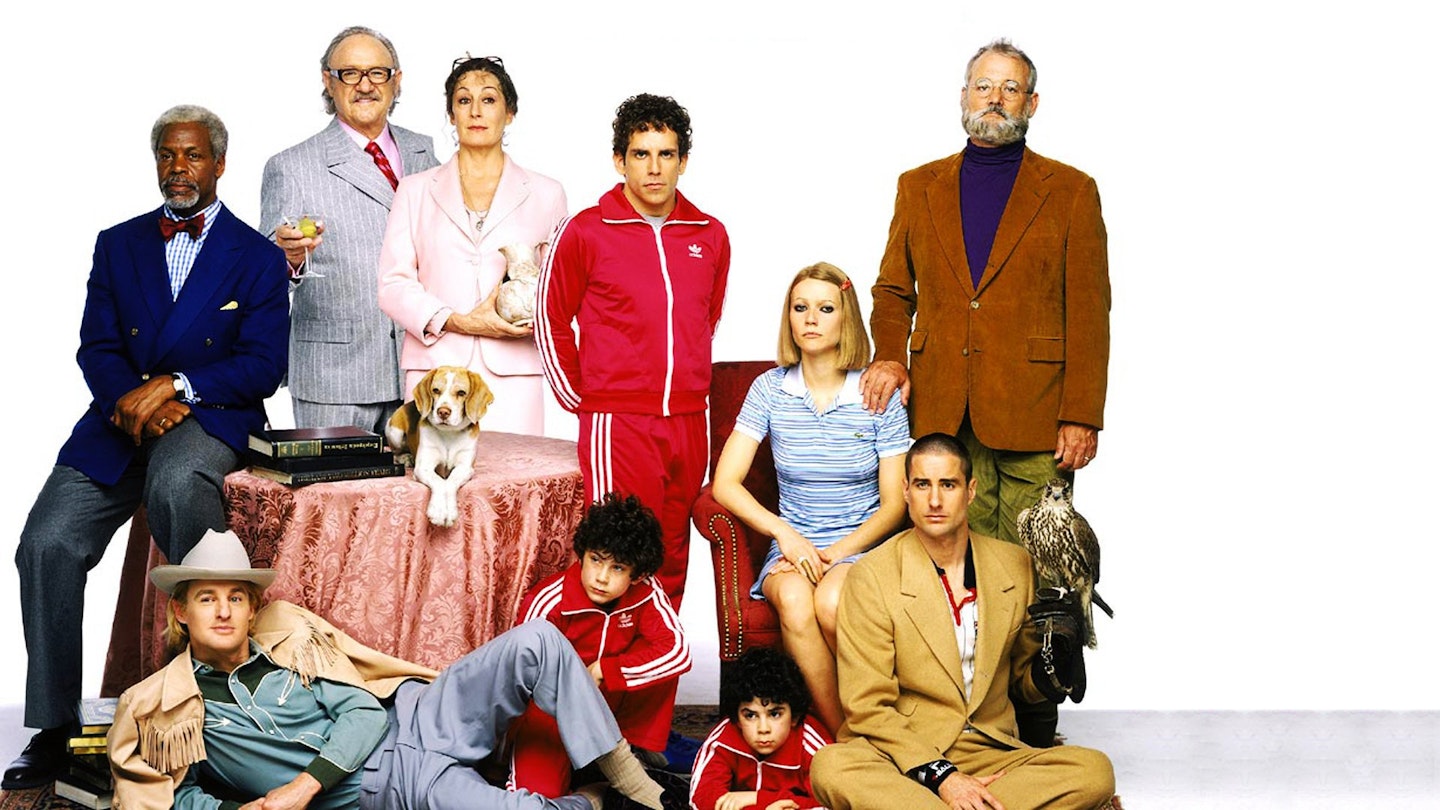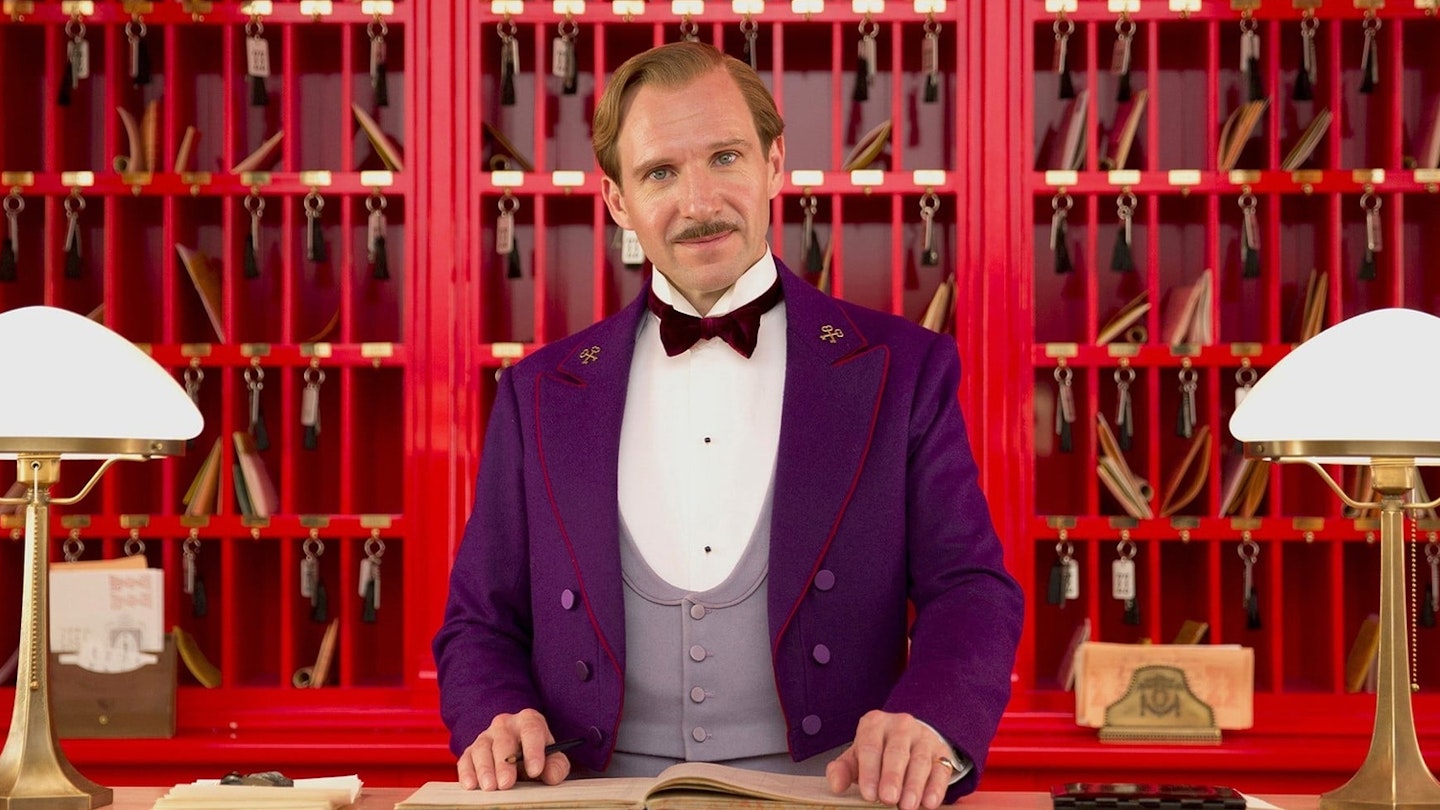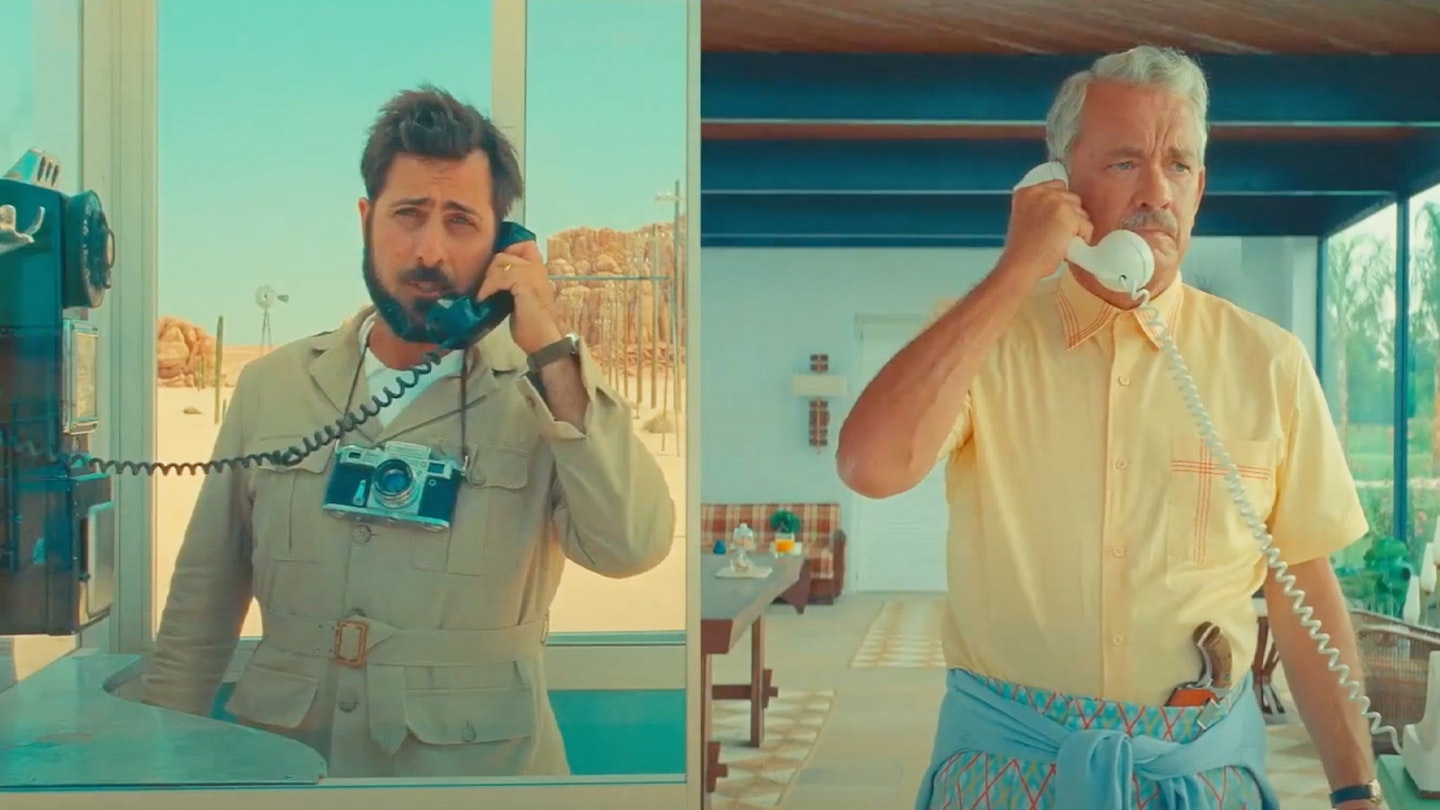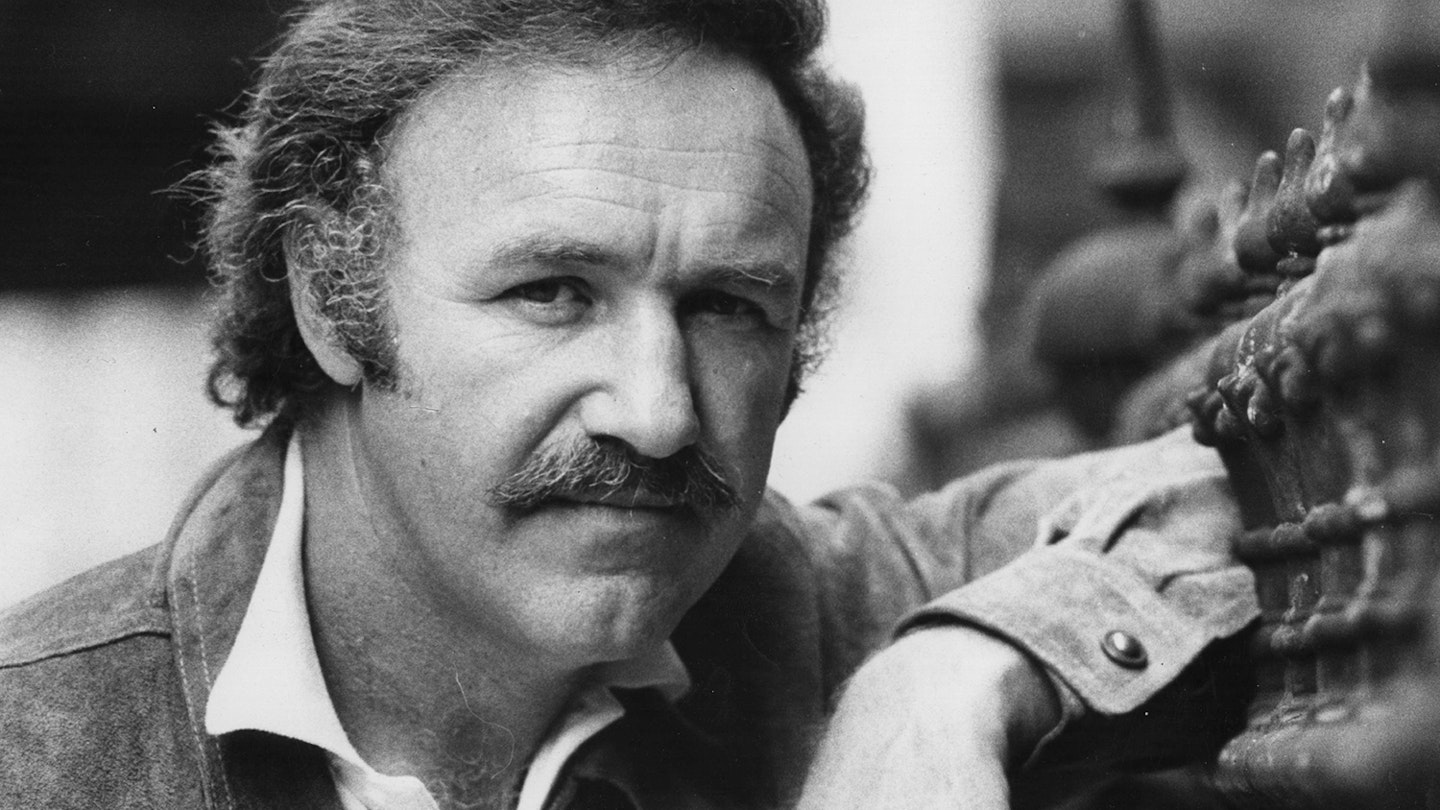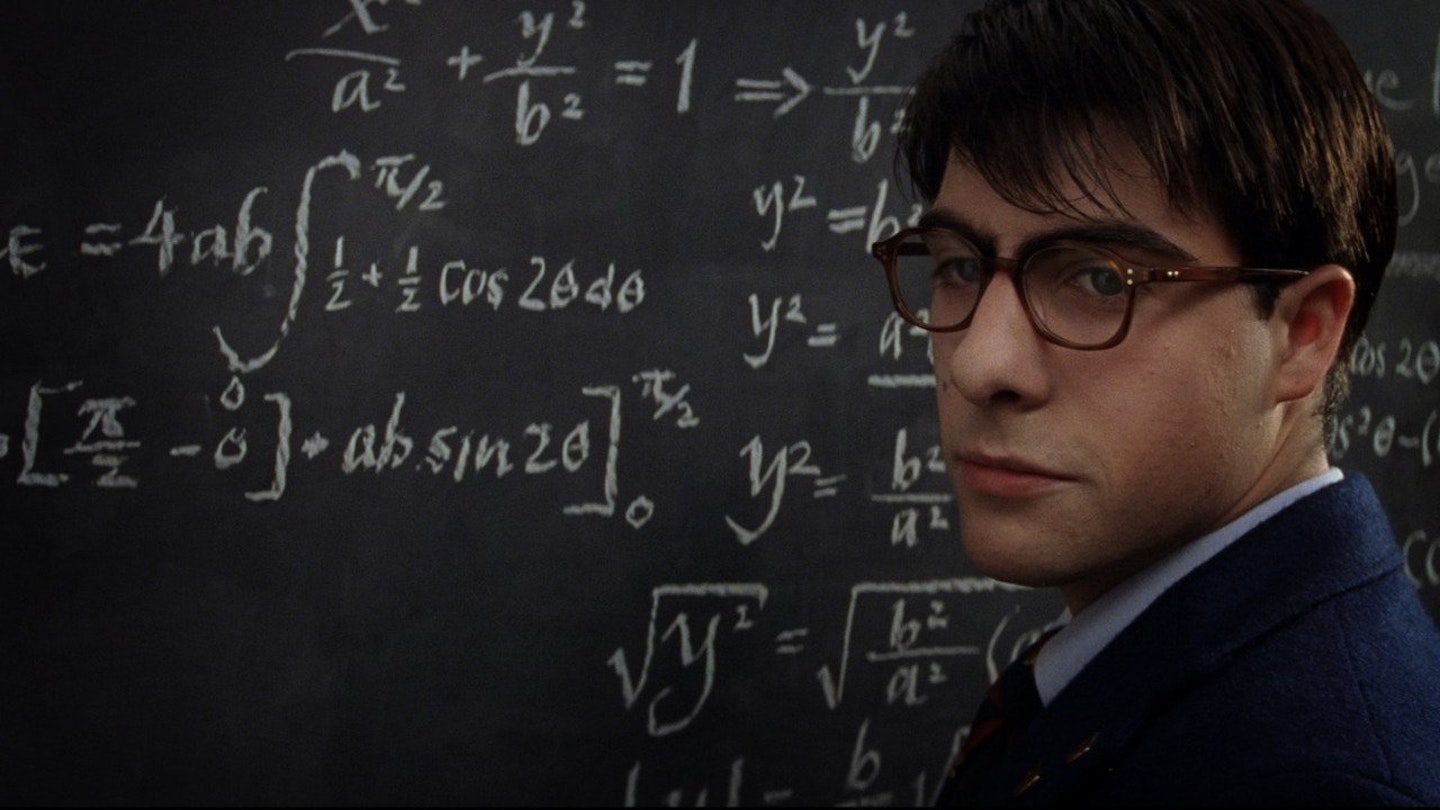For all its critical adoration, Wes Anderson's last film, the quirky 1998 comedy Rushmore, was a genuine love-it-or-loathe-it experience. Chances are that if you fell into the latter category, The Royal Tenenbaums will have a similar effect - for this is yet another reminder that a trip into Wes' world is riddled with offbeat eccentricities, damaged, dysfunctional characters and the kind of weird, wonderful comedy that comes along all too rarely.
While not a film for everybody, there's no doubt that this is a dazzlingly original piece of work. It's a more accomplished film than Rushmore, sharing many similar themes and ideas while at the same time taking the comic complexities of its characters to new levels.
Hackman, who nabbed a Golden Globe for his performance as the curmudgeonly Royal Tenenbaum, is as good here as he's ever been. When we first meet him, we learn through a narrator that he is now living in a hotel, away from his family. His wife, Etheline, who is being romanced by colleague Henry (Danny Glover) - the closest thing this film has to a 'normal' character - wants nothing to do with him, and his children blame him entirely for their hang-ups.
One-time financial whizz kid Chas, recently widowed, protects his two sons in a fortress-like setting; Margot, an award-winning playwright, hasn't put pen to paper for seven years; and former tennis ace Richie is on a boat in the middle of nowhere.
Royal's desire to be accepted as a parent serves as the catalyst to reunite these lost souls, who gather at the family home on learning he is dying and come to terms with their losses and repressed feelings.
None of this sounds like material for a rip-roaring comedy, but Anderson and Wilson's smart screenplay relies more on small subtleties, obtuse one-liners and quirks by the dozen, while never insulting the intelligence of its audience. And the sight gags are superb ù witness Richie mooching around in a headband, or Stiller dressing his sons in matching tracksuits exactly like the one he wears.
It's a testament to Anderson's pulling power that he can attract such a good team of players with only his third film, suggesting that he may well go on to rival the likes of Paul Thomas Anderson in the ensemble cast stakes.
While not everybody has a great deal to do, the whole cast is fabulous and every character is memorable - from Bill Murray as Paltrow's kindly but rather dull hubby, to Owen Wilson's inspired turn as a drug-addled novelist, desperate to be a part of the Tenenbaum clan. However, the wackiness is undercut with an element of pure poignancy, making the film's slower moments almost heartbreaking and reminding us that sometimes human tragi-comedy can be the most effective of all. While this isn't a world you would have any wish to inhabit, it's one you do find hard to leave. Yet for all its sadness, Anderson still comes up with a final pay-off which will leave you chuckling long after the credits roll.
